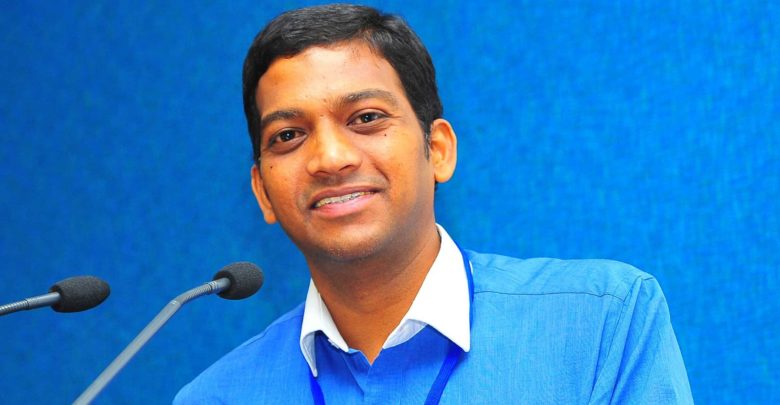“What makes a doctor successful?” This was the question that always figured in my mind ever since I decided to be a doctor. And by successful, I did not mean prosperous (financially) but an ability to gain the trust of his/her patients. Logically, every doctor reads the same set of books does the same battery of investigations and prescribes the same set of medicines. So the fact that patients seem to flock to some doctors more than the others intrigued me. The candid reply I got when I posed this question to a surgery professor was, “You need to be a back bencher in a class to become a successful doctor!” He further elaborated, “Back benchers are good to converse with, take life as it comes and do not take things too seriously. These are attributes which patients appreciate. They warm up to people who are easy going and talk freely.” “You need to speak to the patient in the vernacular language”, chipped in my grandmother from Udupi, who sensed a slight hesitation on my part to learn Kannada. Her advice was justified considering her experience as a sought after Mid-wife who spent her childhood in Madras (Chennai) and her adulthood in Udupi, thereby having an ability to speak in both Kannada and Tamil freely. Nearly 5 years after this conversation, I came across a person who was the perfect combination of these two attributes. He was conversant in Tamil, Kannada, Hindi and English and anybody who knew him would identify him as the quintessential back bencher. In fact if ever an attempt is made to define a back bencher, all one would need to do was to describe him and the job would be done. In one word, he was the gold standard of back benchers. He had the knack of striking conversations with anyone from the security guard to the chairman with effortless ease. You would find him more often near the coffee shop than the library. And wherever he went a small crowd would huddle around him while he went about regaling them with anecdotes which when repeated by anybody else would not sound half as interesting. There was more to him than these traits though. He would be the first person to enter the hospital be it for the OPD, post operative dressing or to attend the Independence Day celebration. He also expressed a great deal of sensitivity as far as the patient goes. He once chided his colleague for examining a patient in the ward without first putting a bed sheet on the examination couch.”Would you do such a thing if the patient were your mother or father?” was his question. He was also a team man. One day after finishing our duty, when we were about to head home, I got a call from him. “TK, news is just coming in that a group of patients are heading towards our hospital from Nellore with suspected post operative endophthalmitis. I know that you are not on duty. Neither am I. But I think it is our duty to hang around and help our colleagues on duty because they would be having their hands full. “. We hung around that night and did whatever help we could. It did make the guys on duty feel a lot better. And for this he ensured that all of us who stayed back got a memorandum of appreciation from the institute.Needless to say he was the fellow who got the maximum number of testimonials of appreciation from patients during his stint at Sankara nethralaya. He also continues to attract laurels (and obviously patients!) wherever he goes.
In another incident at Sankara nethralaya, a senior consultant’s secretary asked him as to why he needed to spend so much time speaking to each patient when there were many others waiting outside. The consultant replied,” Sometimes the only thing we can offer to people is a patient hearing and words of understanding.” People with little or no hope go on a doctor shopping spree hoping for some positive remark. Treating such people with the dignity they deserve is the least that can be done. A patient hearing and few words of encouragement can do wonders. People tend to remember the words of solace which a doctor offers at such a juncture and would prefer to re visit the doctor despite knowing their prognosis. Attitudes such as this are not taught in any medical text books but are ingrained among people who make it their business to understand a patient’s anguish and to try to redress them.
